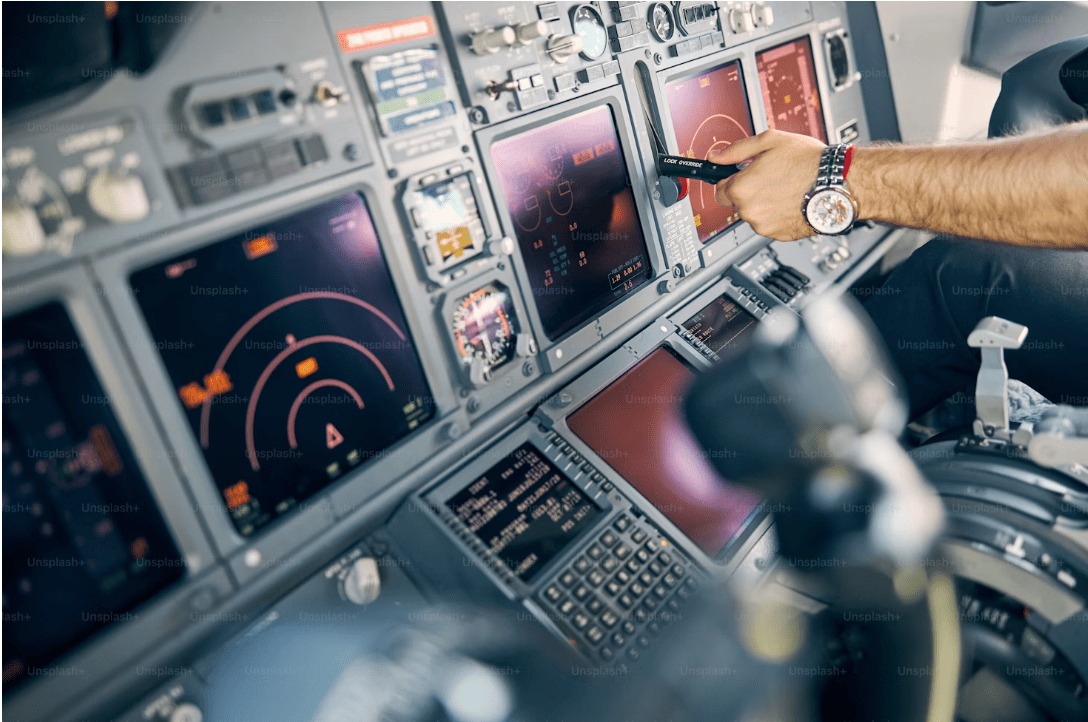Introduction:
Recently, participating flight 275 had to give an unexpected turn to the Los Angeles International Airport (LAX) due to the emergency during flight. Passengers experienced a sudden change in their travel plans, while the flight crew worked quickly to manage the situation and ensure the safety of all. This phenomenon highlights the important role of effective communication in crew training, emergency protocols and modern aviation for the phenomenon, origin to destination. Delta flight 275 On what happened, it informs how the airlines handle the emergency and protect passengers during unexpected events.
Sequence of Events
Right after start, pilots from Delta flight 275 discovered a problem that required immediate action. The nature of the emergency, whether it is technical or therapy, inspired a request to visit the nearest appropriate airport, which was Lux. During the procedure, the cabin crew followed strict procedures to inform and protect passengers. The coordinated response secured a controlled landing and reduced stress and potential risks.
How did the crew manage emergency
The flight team performed the professionalism and skills of handling the turn by riding in Delta flight 275. The pilots closely worked with air traffic control to choose the safest route and landing options. The cabin crew led passengers with clear instructions, emphasized security measures and kept calm. This phenomenon shows the importance of strict training and preparations to ensure successful results during emergencies during flights.
Passenger perspective
Delta flight 275 Passengers reported feelings of anxiety to insurance. Despite the unexpected situation, a clear update and professional handling of the crew helped to maintain cool on the ship. Many passengers mentioned the effectiveness of communication and the crew’s capacity to retain everything, emphasizing the importance of passenger handling during emergency variations.
Potential cause
Delta flight 275 Investigation suggests several possible causes of emergency landing. Mechanical errors, technical alerts or medical emergencies can contribute. While the final reports are in anticipation, the immediate recognition of the crew stopped any increase. The incident regularly emphasizes aircraft inspection, preventive maintenance and the importance of the crew’s emergency preparedness.
Procedures for emergency landing
When an emergency occurs, an emergency occurs, the airlines follow the strict protocol. For Delta flight 275 this included informing air traffic control, preparing passengers, securing cabins and coordinating with ground teams. Distribution procedures prioritize the safety of the passenger and crew while maintaining efficient operating control. After the established protocol, it ensures that emergency landing is performed evenly and safely.
After construction work
Delta flight 275 landed safely on lax, and no damage. After disembarking, the maintenance teams inspected the aircraft, and the passengers were assisted with their further travel arrangements. Delta Airlines provided updates and supports that reflect an obligation for security and customer care. Studies are in to implement the exact cause and measures to prevent similar incidents.
Key Takeaways
Delta flight 275 Emergency shines light on several important points for both airlines and passengers. Airlines benefit from efficient crew training, preparation and communication systems, while passengers benefit from understanding safety procedures and remain calm during emergencies. The event shows the professionalism of commercial aviation teams to deal with unexpected challenges.
Conclusion
The turn off Delta flight 275 for Lax is reminiscent of the unexpected nature of flights. Through the right emergency protocols and trained personnel, the incident was effectively administered and kept passengers safe. While the investigation is on, the situation emphasizes the credibility of the aviation safety processes and the important role of the crew during the emergency in the aircraft.

